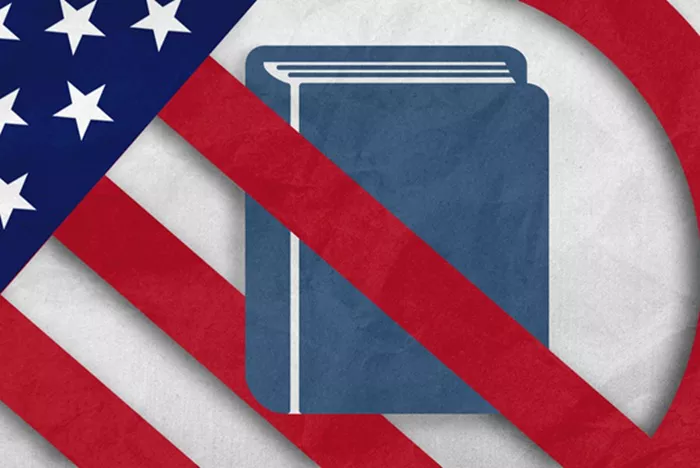Tennessee school districts are removing hundreds of books from public school libraries in response to a state law aimed at restricting access to materials deemed inappropriate for certain age groups. The extent of compliance, however, varies widely from county to county.
The removals follow the implementation of the Age-Appropriate Materials Act, passed in 2022 and amended in 2024. The legislation mandates that each school district establish review procedures and oversight policies for library materials. The revised law specifically targets content involving nudity, sexual content or abuse, and excessive violence.
“Countless constituents are concerned that public and school libraries nationwide are making pornographic materials available to minors — and yes, I said pornographic,” said Republican Representative John Ragan during a legislative hearing, as reported by WTVF.
Book Removals Differ by County
Despite the statewide mandate, enforcement has been uneven. Some counties have banned hundreds of books, while others have yet to remove a single title.
Monroe County removed 574 books, including titles on the Holocaust, the Civil War, and topics related to race and religion, according to WBIR. When asked for justification, the county’s school superintendent referred inquiries to the bill’s legislative sponsor.
Knox County removed 113 titles.
Rutherford County, according to WSMV, pulled 185 books.
Oak Ridge Schools reported removing over 320 titles.
Anderson County reported no removals, stating that no books have yet been contested.
Notable Titles Affected
Among the books removed are widely known works frequently used in school curricula across the country. These include To Kill a Mockingbird by Harper Lee and The Grapes of Wrath by John Steinbeck. Harper Lee’s novel is frequently challenged due to its use of racial language.
Children’s literature has also been affected. In Monroe County, books by Magic Tree House author Mary Pope Osborne and poet Shel Silverstein have been pulled. Even Calvin and Hobbes, the popular comic strip by Bill Watterson, was removed from some school shelves.
Concerns Over Review Process
A recent poll conducted by the Tennessee Association of School Libraries found that 20% of school districts removed books at the direction of district leadership without any formal review. Critics argue this approach undermines the law’s stated intent and opens the door to arbitrary or ideologically driven censorship.
Legislative Pushback
Opposition to the law is growing. A Democratic lawmaker has introduced the Freedom to Read Act, which seeks to repeal key provisions of the Age-Appropriate Materials Act while maintaining safeguards to ensure materials remain appropriate for students.
The bill’s chances of passing in the Republican-controlled legislature remain uncertain.
“While it’s important to protect children from genuinely inappropriate content, the current law in place undermines our constitutional rights to free speech, free access to information, and the ability to think critically,” the American Civil Liberties Union of Tennessee said in a statement.


